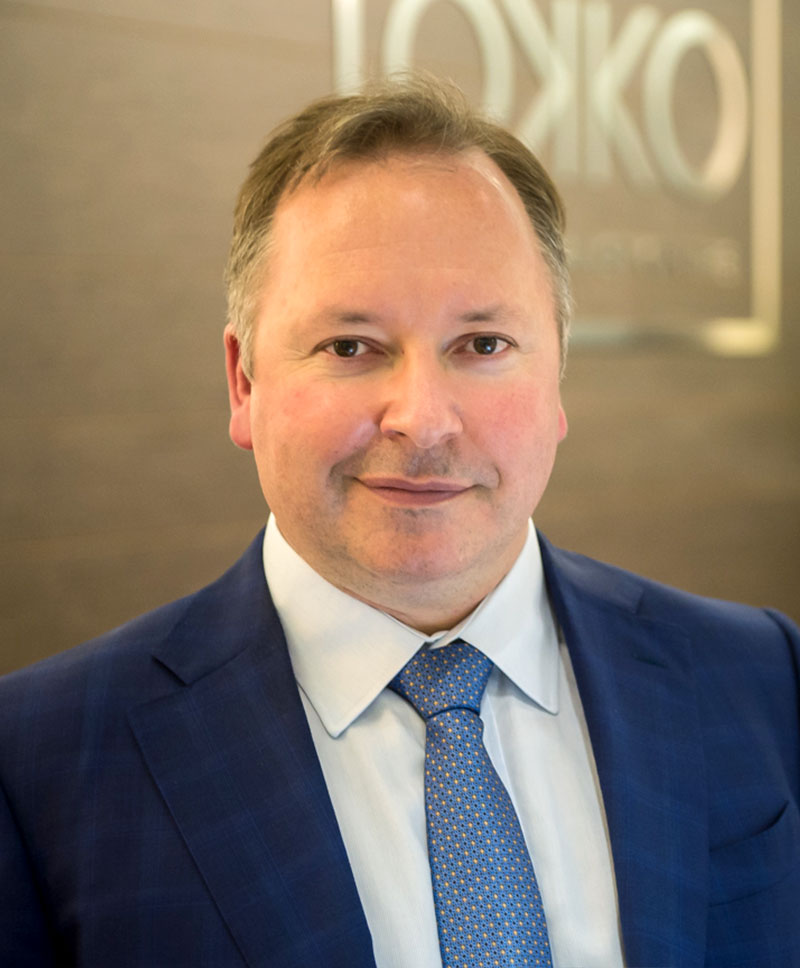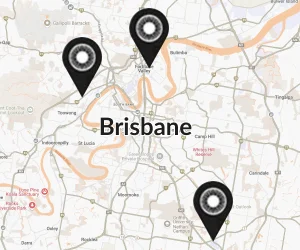
Can I workout after PRK surgery?
In most cases, you can return to light exercise about a week after PRK surgery, with a gradual return to more intense workouts over several weeks.
If you lead an active lifestyle, it’s natural to ask when you can safely start moving again after laser eye surgery. PRK (photorefractive keratectomy) is often chosen by active people, including those in contact sports, because it doesn’t involve a corneal flap. But your eyes still need time to heal properly.
Here’s what you need to know about returning to exercise safely after PRK.
Which activities should I avoid after PRK surgery?
For the first few days after surgery, it’s important to avoid:
- Strenuous workouts
- Contact sports
- Exposure to dust, wind, or sweat near the eyes
These factors can slow healing or increase the risk of infection.
When can I get back to exercise?
Your surgeon will guide you based on how your eyes are healing. As a general rule1https://americanrefractivesurgerycouncil.org/prk-recovery-time-what-to-expect/#:~:text=How%20Long%20After%20PRK%20Can%20I%20Work%20Out?,options%2C%20depending%20on%20your%20activity.:
- Walking or light cardio: after 5–7 days
- Strength training or resistance workouts: after 1–2 weeks
- Running or high-intensity exercise: after 2–3 weeks
- Swimming or water sports: wait at least 4 weeks
- Contact sports (e.g. martial arts, footy, boxing): may require 4–6 weeks or more, with protective eyewear
Is sweat a problem after PRK?
Yes, at least in the early days. Sweat near your eyes can cause irritation. Use a clean towel or headband to keep sweat away from your face, and avoid rubbing your eyes. Your surgeon may recommend sunglasses or protective glasses for outdoor exercise.
Does exercise help recovery?
Once your surgeon gives the all-clear, gentle activity like walking can support blood flow and recovery. It’s good for both your body and your mood, just start slow and pay attention to how your eyes feel.
Why PRK is a good option for active people
Because PRK doesn’t involve a corneal flap, there’s no risk of flap-related complications during high-impact activities later on2 https://www.allaboutvision.com/treatments-and-surgery/vision-surgery/lasik/prk/. That’s why PRK is often preferred for athletes, defence personnel, and people in active professions.
Just be patient during the healing phase so you get the best long-term results.
Final Thoughts
You don’t need to give up exercise after PRK, just give your eyes the time they need to heal. Your surgeon will let you know when it’s safe to return to each type of activity.
Want to know if you’re a good candidate for PRK?
Find out if laser vision correction is right for your lifestyle with our free online suitability test.
ARE YOU SUITABLE?
Check your laser eye surgery suitability online with our free LASIK self-test
OUR MOST POPULAR PROCEDURES

Hi, I’m Dr. Matthew Russell, a laser and cataract surgeon
HI I’M DR. MATTHEW RUSSELL A LASER EYE AND CATARACT SURGEON
With over 15 years of experience and over 20,000 procedures performed, I enjoy the privilege of helping patients of all ages reclaim clear vision or preserve it for as long as possible.
Vision correction and high-precision cataract surgery hinge on the expertise and skill set of the provider who also has access to the most precise tools for the job. Ophthalmic surgeons like me know how to make treatment safe, comfortable and positive for the patient. They know how to minimise the risk of complications and maximise successful outcomes.
I have a passion for helping my patients enjoy the clear, high-definition vision they need to live rich and active lives. Now, I have hand-picked a team of professionals that share my passion and commitment to exceptional care.
Dr. Matthew Russell
MBChB, FRANZCO






